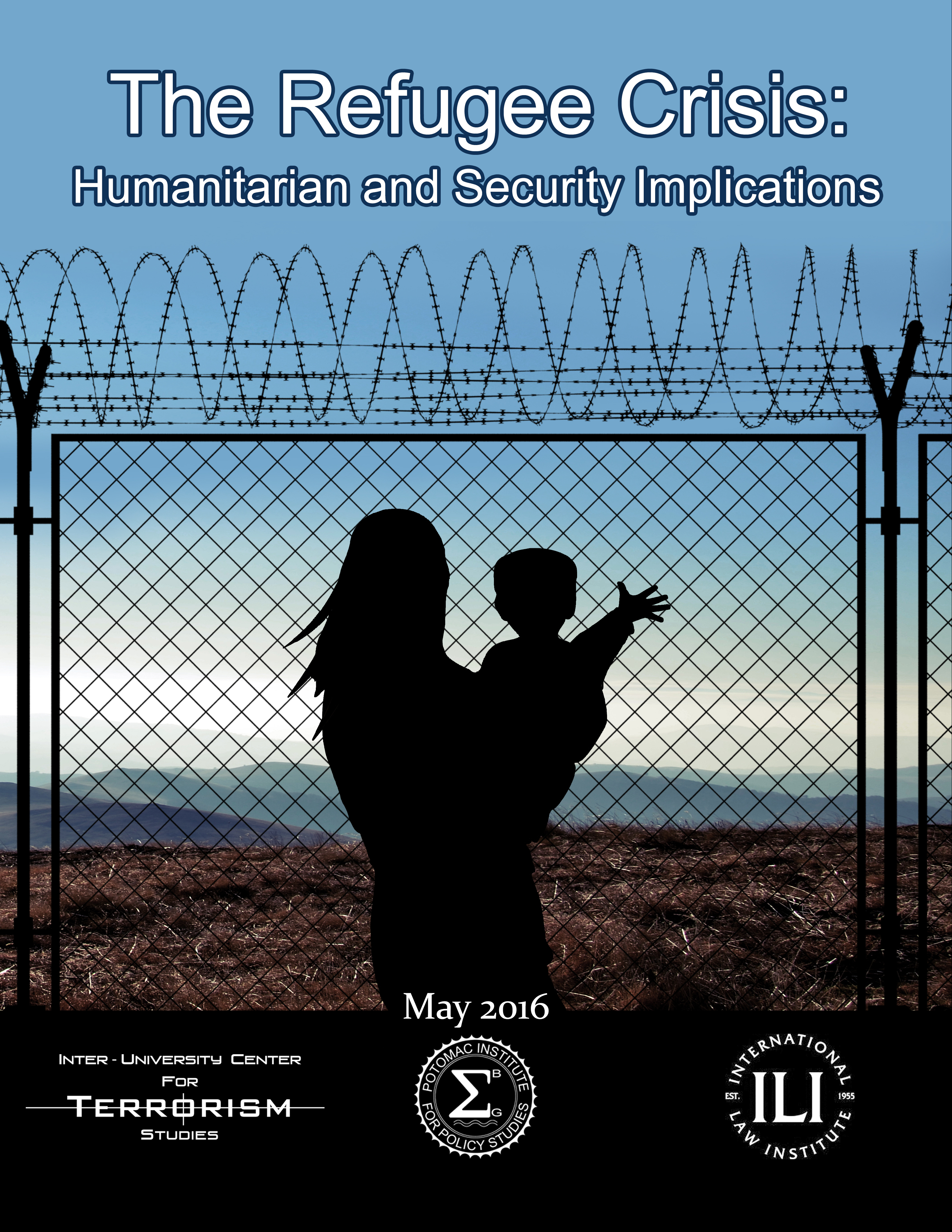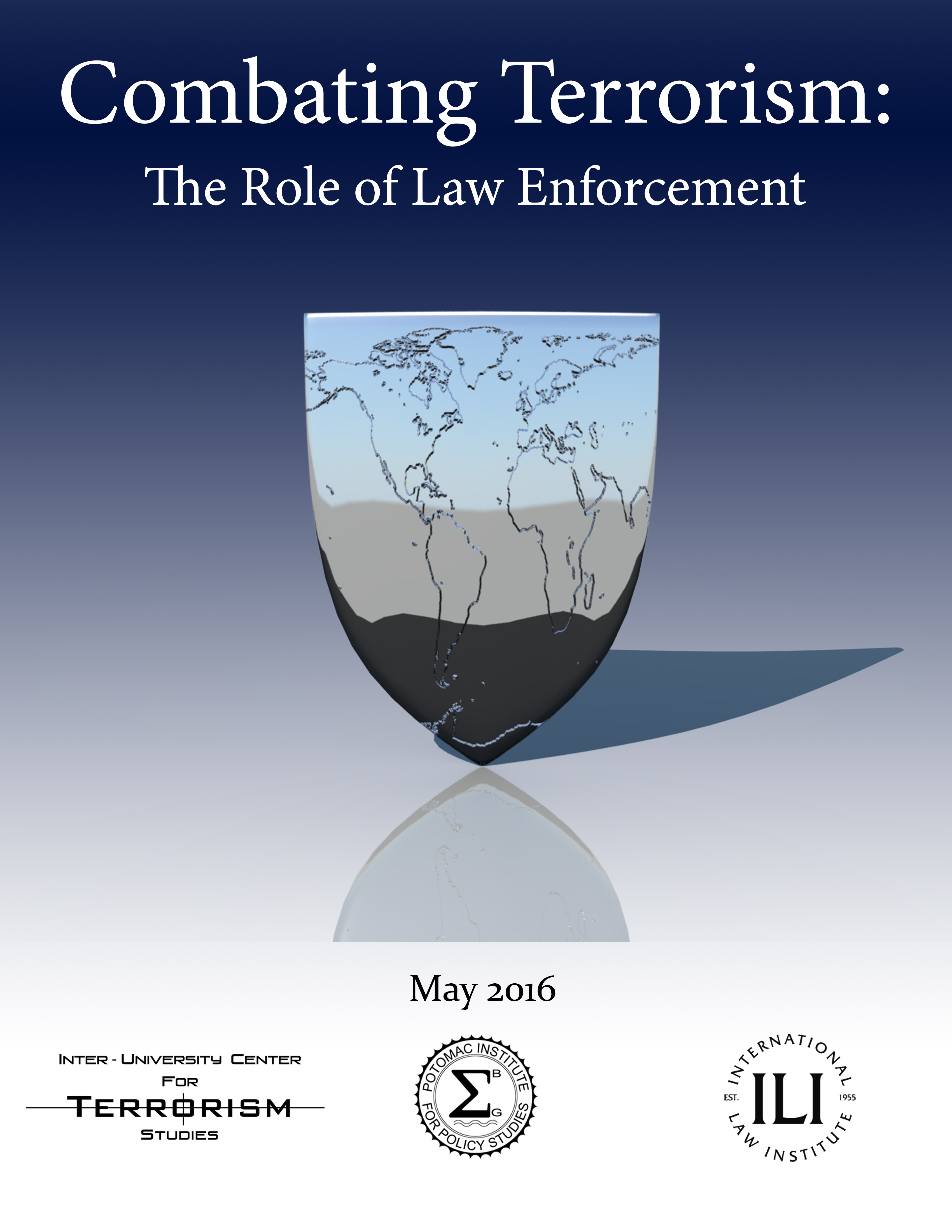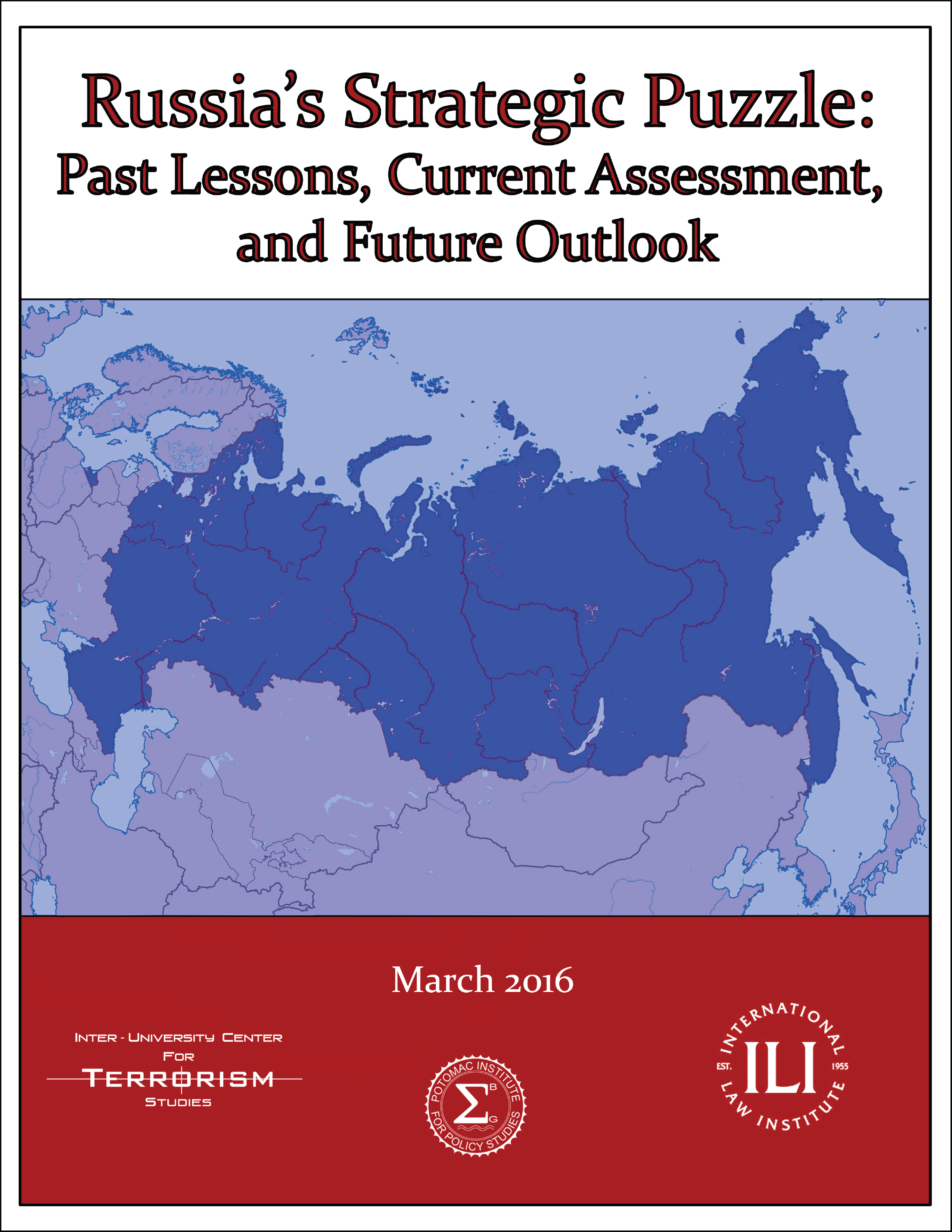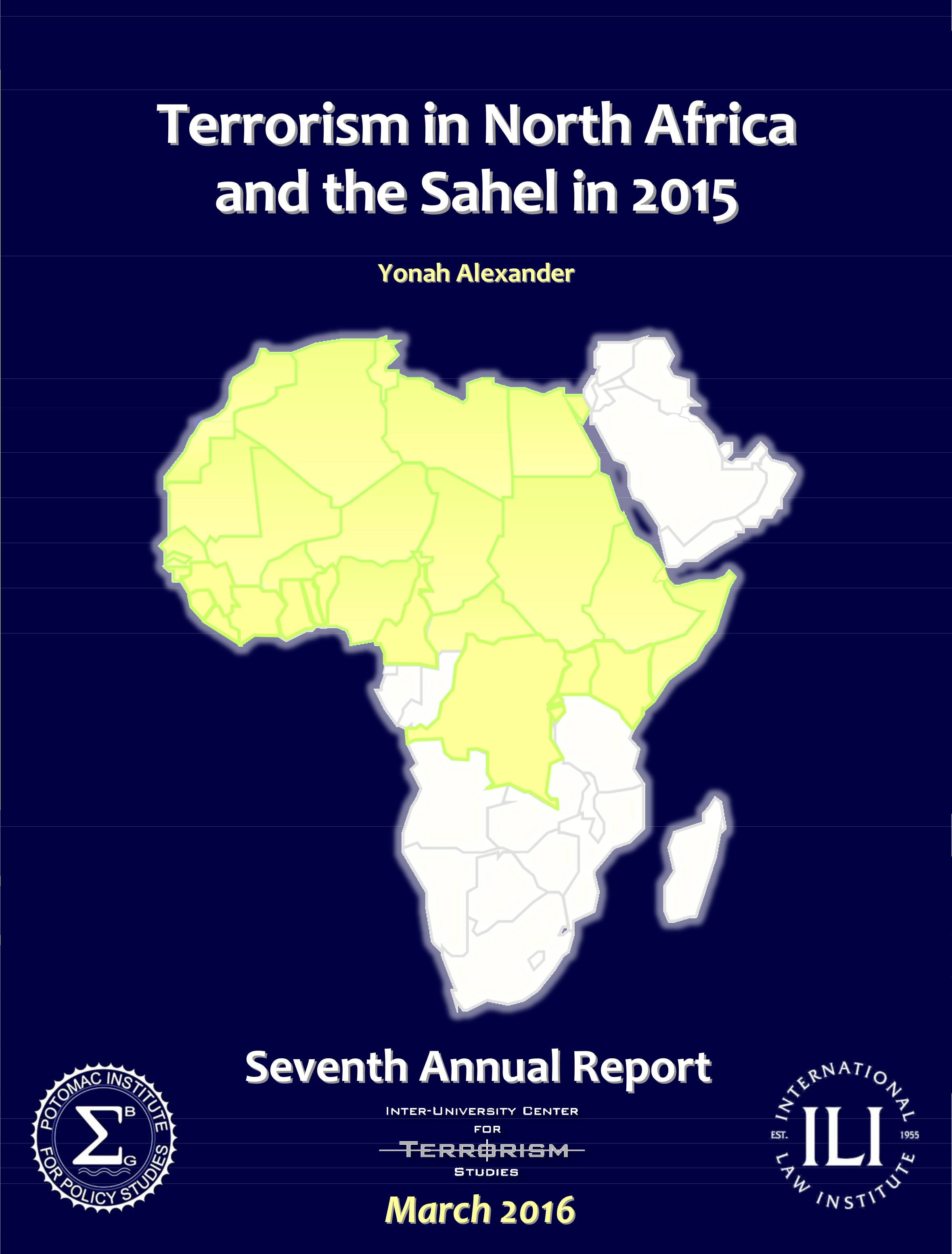Divisions
 From time immemorial humanity has been challenged by a wide range of manmade calamities, usually resulting from criminality, corruption, political violence, and economic and technological disasters. These events have been labeled by historians and contemporary observers as dangers bringing fear, suffering, destruction, and death. Such misfortunes were also characterized as multiple forms of “humanitarian and security crises” facing all societies.
From time immemorial humanity has been challenged by a wide range of manmade calamities, usually resulting from criminality, corruption, political violence, and economic and technological disasters. These events have been labeled by historians and contemporary observers as dangers bringing fear, suffering, destruction, and death. Such misfortunes were also characterized as multiple forms of “humanitarian and security crises” facing all societies.
One of the most lingering and devastating manifestations of this reality is the “refugee crisis.” According to a popular definition “refugees are people who vote with their feet,” as described by Berliner Illustrirte on crowds fleeing from Communist East Germany in its 1961 Special Issue. A more “formal” articulation of the term is provided by Merriam-Webster dictionary, stating that a refugee is “one that flees; especially: a person who flees to a foreign country or power to escape danger or persecution.”
Download pdf here.
 The International Center for Terrorism Studies produced a report in May reflecting on past and current assessments as well as anticipated future outlooks for the role of law enforcement in combating terrorism. The purpose of this report is to deal only with some selected terrorism-related dangers, focusing on law enforcement and police responses.
The International Center for Terrorism Studies produced a report in May reflecting on past and current assessments as well as anticipated future outlooks for the role of law enforcement in combating terrorism. The purpose of this report is to deal only with some selected terrorism-related dangers, focusing on law enforcement and police responses.
Additionally, a wide range of academic and practitioners’ phraseology must be noted in connection with the meaning of “terrorism.” Generic terms such as radicalization, extremism, violence, conflicts, armed struggle, war, and even peace spring to mind. Thus, “terrorism” challenges include organized crime, piracy, low intensity or low-level conflicts, guerrilla campaigns, insurgencies, asymmetric warfare, civil wars, cyber dangers, and weapons of mass destruction (e.g., biological, chemical, radiological, and nuclear).
In the face of such and other security concerns, the missions of law enforcement and police agencies are therefore linked directly or indirectly to broad frameworks of national, regional, and inter-regional response strategies and tactics. Among the numerous prevalent concepts, mention should be made of those such as anti-terrorism, combating terrorism, counter-insurgency efforts, clandestine operations, overseas contingency activities, targeted killings, and the global war on terrorism.
Download the full pdf here.
On March 30, 2016, the Inter-University Center for Terrorism Studies (IUCTS) published its seventh annual report, “Terrorism in North Africa and the Sahel in 2015,” authored by Prof. Yonah Alexander, Director-IUCTS. The report finds the region & global community facing the most serious security challenges since 9/11, from natural and man-made threats ranging from Ebola to extremism. The rise of the co-called “Islamic State” (Daesh) and the resilience of al-Qa’ida and their affiliates in Africa in 2015 have resulted in much greater instability on the continent with a costly strategic impact inter-regionally. The study recommends the U.S. & allies engage more effectively to slow a security crisis that is erupting across Africa’s “arc of instability.” Other recommendations include:
- “Strengthen U.S. and NATO intelligence assets by broadening cooperation through AFRICOM, NATO’s Partnership for Peace, and other modalities that supply and support training, equipment, and monitoring of resources throughout the region”;
- “Continue to expand U.S. counterterrorism technical assistance and training to internal security personnel”;
- “Work to settle intra-regional conflicts that provide openings for extremists to exploit and impede security and economic cooperation — including the Western Sahara dispute and the problem of refugees in the Polisario-run camps in Algeria;
- “Recognize the importance of and provide quiet encouragement to Muslim leaders in promoting the practice of a moderate Islam, as well as counter-radicalization programs that limit the appeal of extremist recruiters”;
- And “Promote regional trade and investment by expanding the US-Morocco Free Trade Agreement to include goods and products from North, West, and Central Africa."
Download the full pdf here.
 The “cloud” over Russia’s intentions, capabilities, and actions still lingers on. For nearly a century its conduct in the Eurasian region, the Caucasus, the Balkans, the Baltics, the Middle East, and elsewhere has consistently been characterized as an “enigma.” This current report on “Russia’s Strategic Puzzle: Past Lessons, Current Assessment, and Future Outlook” provides a modest academic effort to focus on the historical and contemporary context as well as on several case studies such as the Ukraine crisis and the Kremlin’s involvement in Syria. Contributions to this publication are by former government officials, a serving diplomat, and academics. The co-sponsors of the report are the Inter-University Center for Terrorism Studies, the International Center for Terrorism Studies at Potomac Institute for Policy Studies, and the Inter-University Center for Legal Studies at the International Law Institute.
The “cloud” over Russia’s intentions, capabilities, and actions still lingers on. For nearly a century its conduct in the Eurasian region, the Caucasus, the Balkans, the Baltics, the Middle East, and elsewhere has consistently been characterized as an “enigma.” This current report on “Russia’s Strategic Puzzle: Past Lessons, Current Assessment, and Future Outlook” provides a modest academic effort to focus on the historical and contemporary context as well as on several case studies such as the Ukraine crisis and the Kremlin’s involvement in Syria. Contributions to this publication are by former government officials, a serving diplomat, and academics. The co-sponsors of the report are the Inter-University Center for Terrorism Studies, the International Center for Terrorism Studies at Potomac Institute for Policy Studies, and the Inter-University Center for Legal Studies at the International Law Institute.
Download the full pdf here.
As NATO, the North Atlantic Treaty Organization, celebrates its 67th anniversary, it still represents the most significant defensive and offensive alliance in the past two centuries. And yet, in early 2016 its twenty-eight nation-state members are still facing a broad range of old and new horizontal and vertical challenges. These include piracy, terrorism, regional conflicts, humanitarian crises, high-seas piracy, proliferation of weapons of mass destruction (WMDs), and cyber threats. Indeed, the status quo and combined deterrence and containment of the forty-years’ Cold War have been replaced by the realities of the changed world from Europe to the Middle East and beyond. Suffice it to mention the ongoing Russian military operations in Ukraine and now in Syria, the escalation of radicalization and violence perpetuated by an array of state and sub-state actors such as al-Qa’ida affiliates, and the ominous emergence of the newly declared caliphate by the “Islamic State” (also known as ISIS, ISIL, and Daesh).
The current report on “NATO: Confronting Regional and Global Challenges” is a modest academic effort to provide a context for the Alliance’s political and military missions in the coming months and years.
Download the full pdf here.


